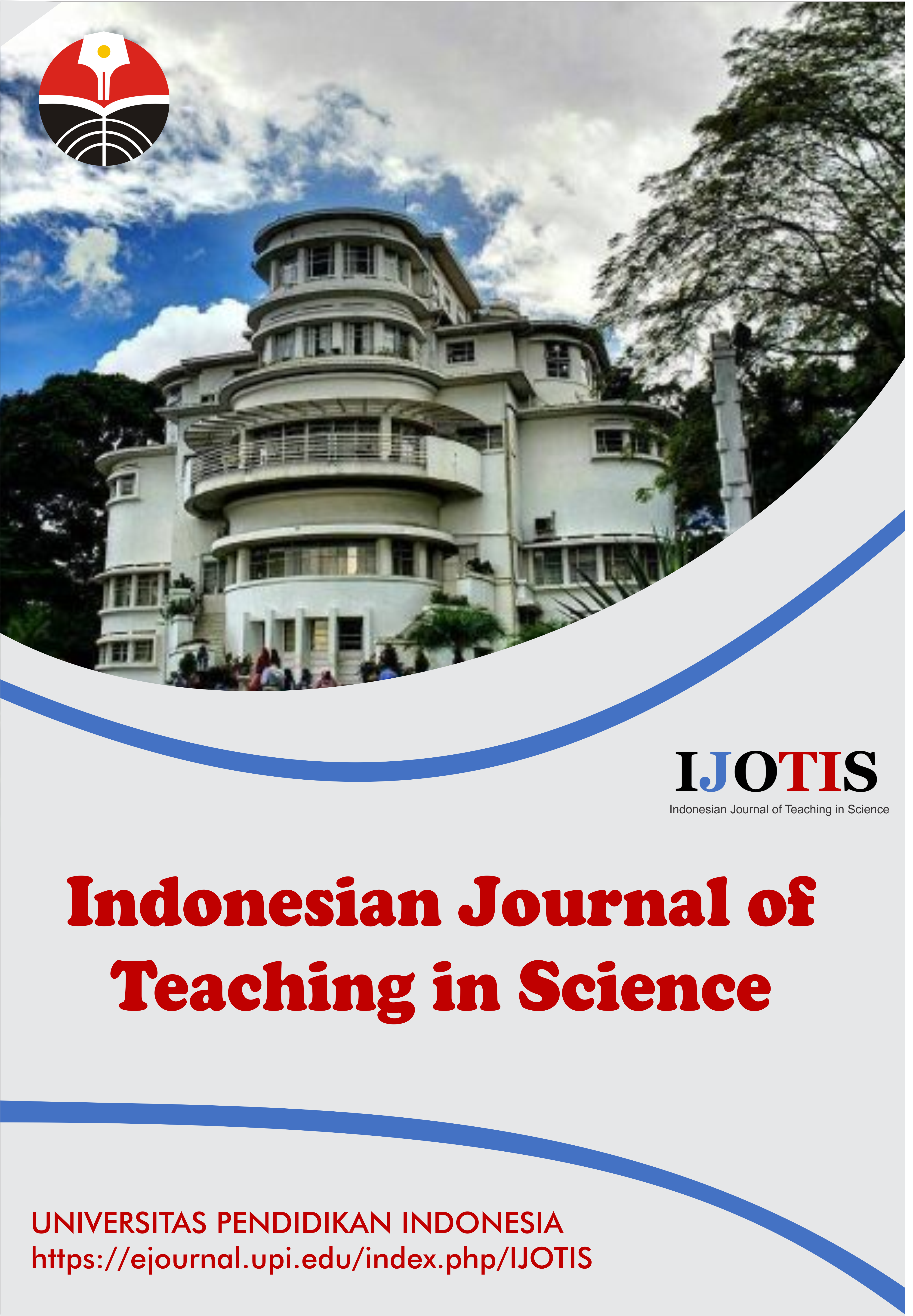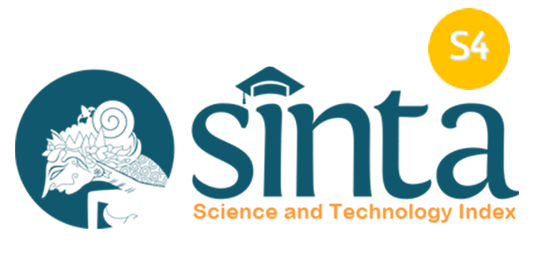Attitudes of High Special School Students with Hearing Impairment to Online Adaptive Physical Education Learning
Abstract
Keywords
Full Text:
PDFReferences
Cherdymova, E. I., Ukolova, L. I., Gribkova, O. V., Kabkova, E. P., Tararina, L. I., Kurbanov, R. A., and Kudrinskaya, I. V. (2018). Projective techniques for student environmental attitudes study. Ekoloji, 27(106), 541-546.
Constandt, B., Thibaut, E., De Bosscher, V., Scheerder, J., Ricour, M., and Willem, A. (2020). Exercising in times of lockdown: an analysis of the impact of COVID-19 on levels and patterns of exercise among adults in Belgium. International Journal of Environmental Research and Public Health, 17(11), 4144.
Ekkekakis, P., and Brand, R. (2019). Affective responses to and automatic affective valuations of physical activity: Fifty years of progress on the seminal question in exercise psychology. Psychology of Sport and Exercise, 42, 130-137.
Gerdes, K. E., and Stromwall, L. K. (2008). Conation: A missing link in the strengths perspective. Social Work, 53(3), 233-242.
Guthrie, D. M., Davidson, J. G., Williams, N., Campos, J., Hunter, K., Mick, P., and Wittich, W. (2018). Combined impairments in vision, hearing and cognition are associated with greater levels of functional and communication difficulties than cognitive impairment alone: Analysis of interRAI data for home care and long-term care recipients in Ontario. PloS One, 13(2), e0192971.
Hutzler, Y., Meier, S., Reuker, S., and Zitomer, M. (2019). Attitudes and self-efficacy of physical education teachers toward inclusion of children with disabilities: a narrative review of international literature. Physical Education and Sport Pedagogy, 24(3), 249-266.
Holt, R. F., Beer, J., Kronenberger , W. G., Pisoni, D. B., Lalonde, K., and Mulinaro, L. (2020). Family environment in children with hearing aids and cochlear implants: Associations with spoken language, psychosocial functioning, and cognitive development. Ear and Hearing, 41(4), 762.
Jeong, H. C., and So, W. Y. (2020). Difficulties of online physical education classes in middle and high school and an efficient operation plan to address them. International Journal of Environmental Research and Public Health, 17(19), 7279.
Kristiyanto, A., and Legowo, E. (2019). Adaptive Physical Education for Children with Special Needs at Lazuardi Kamila Elementary School. Journal of ICSAR, 3(2), 35-37.
Margaritis, I., Houdart, S., El Ouadrhiri, Y., Bigard, X., Vuillemin, A., and Duché, P. (2020). How to deal with COVID-19 epidemic-related lockdown physical inactivity and sedentary increase in youth? adaptation of anses’ benchmarks. Archives of Public Health, 78, 1-6.
Maryanti, R., Hufad, A., Sunardi, S., Nandiyanto, A. B. D., and Al-Obaidi, A. S. M. (2020). Understanding covid-19 particle contagion through aerosol droplets for students with special needs. Journal of Engineering Science and Technology, 15(3), 1909-1920.
Moss, J. T., and O’Connor , P. J. (2020 ). Political correctness and the alt-right: The development of extreme political attitudes. PloS One, 15(10), e0239259.
Renalds, A., Smith, T. H., and Hale, P. J. (2010). A systematic review of built environment and health. Family & Community Health, 33(1), 68-78.
Sanbonmatsu, D. M., Strayer, D. L., Yu, Z., Biondi, F., and Cooper, J. M. (2018). Cognitive underpinnings of beliefs and confidence in beliefs about fully automated vehicles. Transportation Research Part F: Traffic Psychology and Behaviour, 55, 114-122.
Slade, K., Plack, C. J., and Nuttall, H. E. (2020). The effects of age-related hearing loss on the brain and cognitive function. Trends in Neurosciences, 43(10), 810-821.
Wang, L. (2019). Perspectives of students with special needs on inclusion in general physical education: A social-relational model of disability. Adapted Physical Activity Quarterly, 36(2), 242-263.
Trott, C. D., and Weinberg , A. E. (2020). Science education for sustainability: Strengthening children ’s science engagement through climate change learning and action. Sustainability, 12(16), 6400.
Widjaja , I., Arifin, A., and Setini, M. (2020). The effects of financial literacy and subjective norms on saving behavior. Management Science Letters, 10(15), 3635-3642.
Zhou , Q., Lee , C. S., Sin , S. C. J., Lin , S., Hu , H., and Fahmi Firdaus Bin Ismail , M. (2020 ). Understanding the use of youtube as a learning resource: A social cognitive perspective. Aslib Journal of Information Management, 72(3), 339-359.
DOI: https://doi.org/10.17509/ijotis.v2i1.39582
Refbacks
- There are currently no refbacks.
Copyright (c) 2021 Universitas Pendidikan Indonesia

This work is licensed under a Creative Commons Attribution-ShareAlike 4.0 International License.
 Indonesian Journal of Teaching in Science
Indonesian Journal of Teaching in Science



